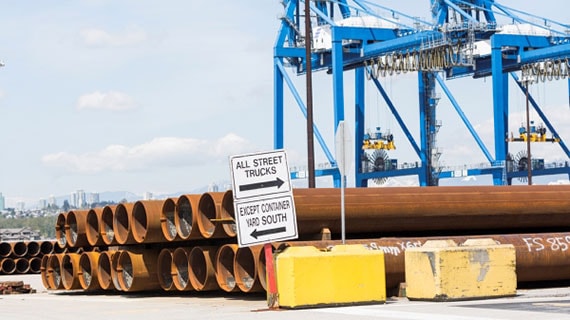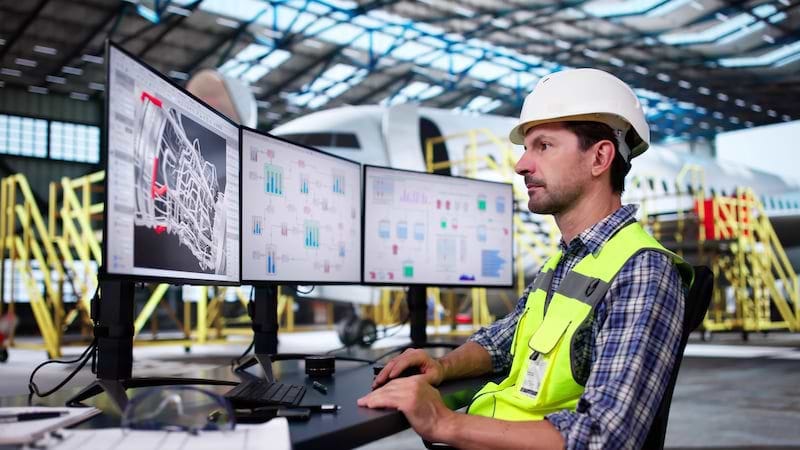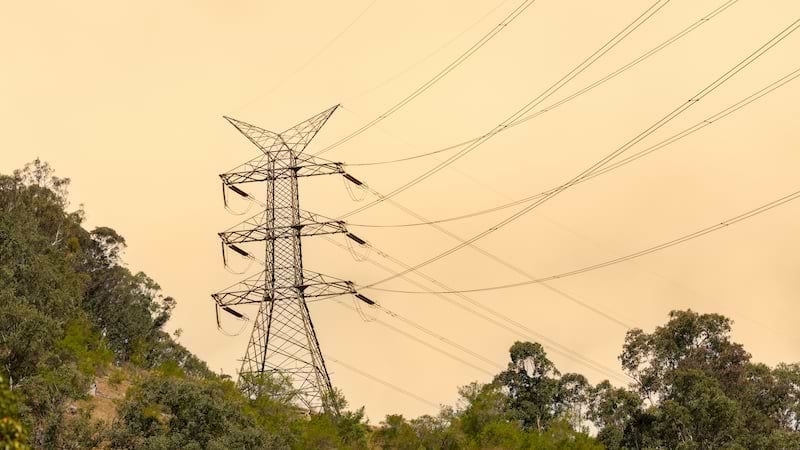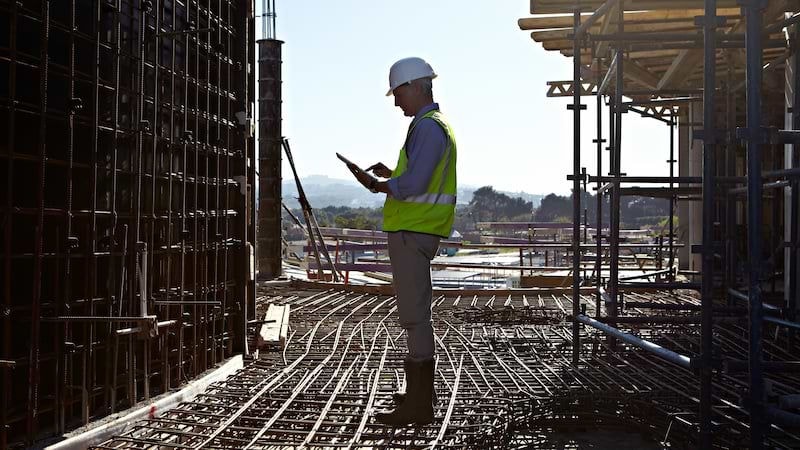We cut through complexity so you can accelerate change
Capital projects and infrastructure

Infrastructure is evolving quickly to meet the demands of modern society. Rising costs, changing regulations and supply chain challenges create hurdles. But they also offer opportunities for innovation and improvement.
The challenge isn’t just delivering––it’s delivering at speed, and with impact that’s built to last. Those who adapt fast and make bold decisions will lead the way.

Key trends impacting capital projects and infrastructure
Infrastructure needs US$6.9 trillion of investment by 2030 to meet climate and development objectives according to the OECD1. This brings huge opportunities for the sector, along with big challenges.
1OECD, The World Bank, UN Environment (2018), Financing Climate Futures: Rethinking Infrastructure, OECD Publishing, Paris.
How we can help
We know capital projects are complex. Uncertainty is high. Risks are real. The pressure to deliver is relentless. We help you cut through uncertainty and move projects forward—faster. From planning and financing to execution and operations, our expertise keeps you ahead, turning obstacles into opportunities and ambition into action.
- Elevate planning
- Accelerate financing
- Deliver with agility
- Focus on insight-led transactions
- Enhance your operations
- Decommission and dispose
Elevate planning
Transform uncertainty into actionable success––with precision and insight. A sharp strategy, solid business case and clear regulatory navigation turn risk into results. We help you spot opportunities and get projects moving.
Accelerate financing
Turn ideas into action. Rethink business and contractual models. Unlock capital. Secure investment and fast-track financial decisions. From financial modelling and raising finance to procurement, we help you lay the trusted foundations for success.
Deliver with agility
An unpredictable world demands speed and flexibility. Understanding and managing performance against scope and schedule, and the impact on cost and risk is integral. Engineering, governance, contracts, supply chains—our industry-leading capabilities and project management help you stay ahead, adapt fast and maintain momentum.
Focus on insight-led transactions
Maximise your returns. Minimise your risk. Buying, selling, refinancing or restructuring—we know how to deliver value.
Enhance your operations
Change is accelerating with new markets, new tech and new expectations. We help you rethink operating models, streamline contract management and deploy technology for better, faster results. Our asset management expertise helps you maintain and grow value, even under pressure.
Decommission and dispose
Are you ready to make a change? From asset disposal to complex decommissioning, we handle valuation, compliance and transaction structuring. Together, we can maximise your efficiency while protecting your value.
Explore the domains of growth
Industries are reshaping around fundamental human needs, creating value through collaboration across interconnected domains that now replace traditional value chains. Explore the domains relevant to your sector.
Contact us



















